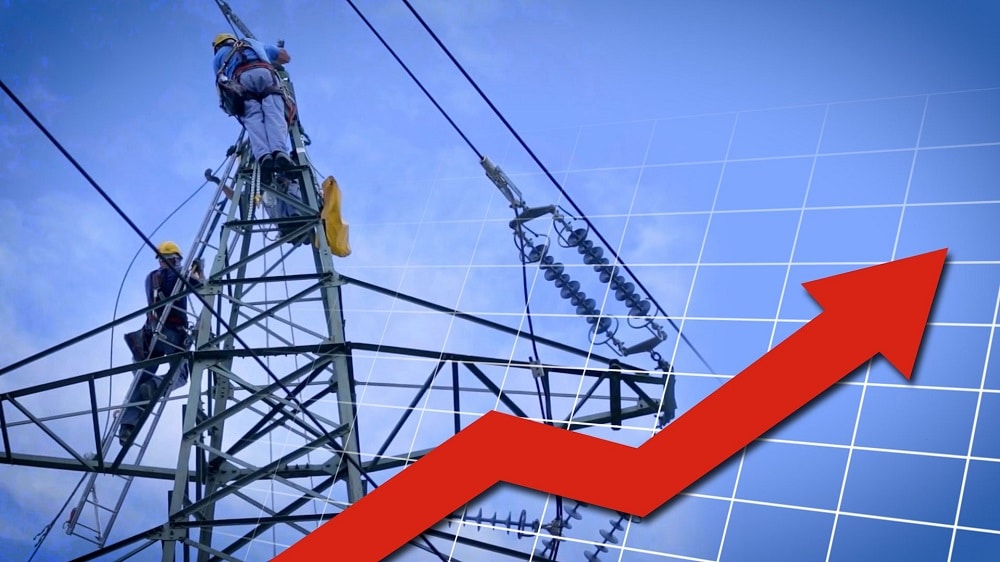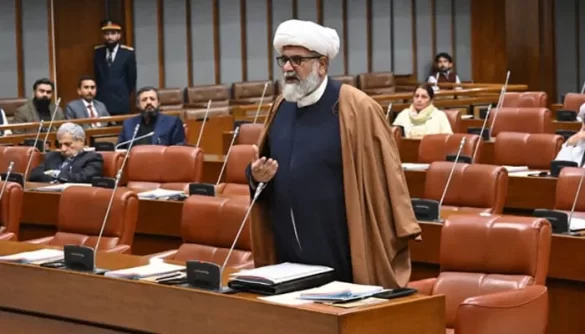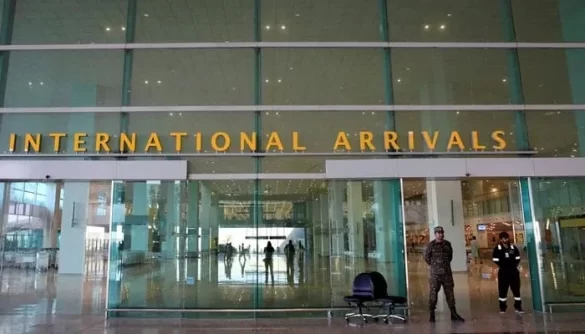Karachi, Pakistan (July 2025): An overwhelming number of electricity consumers in Pakistan have raised their voices against the government’s unfair billing system, where using just one extra unit beyond the 200 units electricity bill threshold results in drastically inflated bills and a six-month penalty under the non-protected category.
This issue surrounding the 200 units electricity bill in Pakistan has triggered public outcry, particularly from low and middle-income households who rely on affordable energy to survive in the current economic crisis.
Ali Khursheedi, the opposition leader and senior representative of the Muttahida Qaumi Movement (MQM), condemned the policy, labeling it “anti-people” and economically unjust. He explained that when a household uses exactly 200 units, the electricity bill remains around Rs. 5,000, but consuming 201 units immediately pushes the bill upwards of Rs. 15,000, often three times higher.
“It makes no logical or ethical sense that a single-unit increase should lead to such a massive financial penalty. The government must explain what crime the citizens are being punished for,” said Khursheedi at a press conference in Karachi.
He also added that this illogical billing slab has made tools like the 200 units electricity bill calculator almost useless for consumers trying to estimate their monthly costs. Citizens are left confused and frustrated due to the lack of clarity and sudden jumps in the bill amount.
This policy is particularly harsh because once a consumer crosses the 200-unit limit even once, they are shifted into a non-protected consumer category for six months. During this period, they are charged significantly higher electricity unit prices in Pakistan today 2025, which are already among the highest in the region due to ongoing inflation, fuel price adjustments, and IMF-driven tariff structures.
Public frustration is mounting not just in Karachi but across major cities including Lahore, Islamabad, and Faisalabad. Social media is flooded with complaints and screenshots of sudden increases in bills. This public outrage is further fueled by the electricity price hike and end of relief, which removed previously available subsidies and made electricity unaffordable for millions.
What is the ‘Non-Protected Category’?
In Pakistan’s electricity tariff system, consumers are divided into protected and non-protected categories. Protected consumers typically use up to 200 units of electricity per month and receive subsidized rates. However, the moment consumption exceeds that — even by 1 unit — consumers are reclassified into the non-protected category and charged significantly higher rates, without any further warning or flexibility.
Public Demand for Policy Reversal
MQM and other political groups are calling on the Government of Pakistan and K-Electric (in Karachi) to immediately revoke or revise the policy. They are demanding a more rational and fair billing structure that accounts for marginal overuse, and the introduction of a graded billing slab system instead of an abrupt shift.
Conclusion
The issue surrounding the 200 units electricity bill is no longer just about numbers; it has become a symbol of the broader economic injustice faced by millions of Pakistani households. With rising inflation, unstable fuel costs, and lack of transparency in electricity tariffs, the need for an urgent and fair reform has never been greater.















